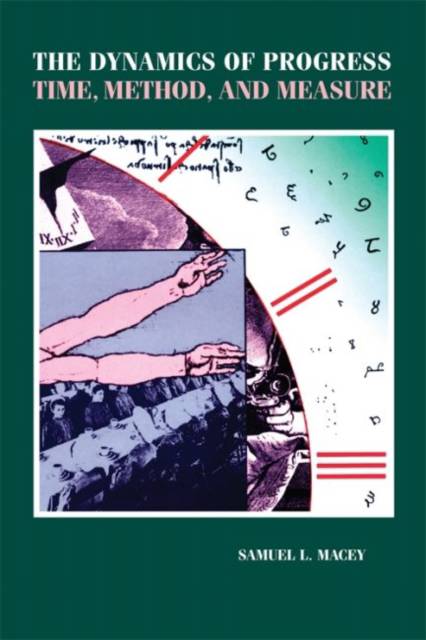
- Retrait gratuit dans votre magasin Club
- 7.000.000 titres dans notre catalogue
- Payer en toute sécurité
- Toujours un magasin près de chez vous
- Retrait gratuit dans votre magasin Club
- 7.000.0000 titres dans notre catalogue
- Payer en toute sécurité
- Toujours un magasin près de chez vous
Description
The development of increasingly precise measurements is an essential part of what Samuel L. Macey identifies as the West's wide-ranging effort to rationalize human activity--to simplify and standardize the way we work and communicate with one another. In The Dynamics of Progress, Macey examines the history of such rationalizations as they have manifested themselves. He identifies a symbiotic relationship among these different types of rationalization, demonstrating that without the rationalizing of time, weights and measures, numbers, and language, the scientific, technological, and industrial advances of the past three hundred years would have been inconceivable.
In addition to discussing rationalization in its various forms, Macey also addresses reactions against it, and closes with some observations on the future. Increasing demands for material goods have the potential for spreading wealth, but such demands strain the earth's limited resources. How we address the challenge posed by this depletion of resources, Macey suggests, will be the ultimate test of our rationalizing powers.Spécifications
Parties prenantes
- Auteur(s) :
- Editeur:
Contenu
- Nombre de pages :
- 288
- Langue:
- Anglais
Caractéristiques
- EAN:
- 9780820337968
- Date de parution :
- 01-11-10
- Format:
- Livre broché
- Format numérique:
- Trade paperback (VS)
- Dimensions :
- 152 mm x 229 mm
- Poids :
- 426 g

Les avis
Nous publions uniquement les avis qui respectent les conditions requises. Consultez nos conditions pour les avis.






